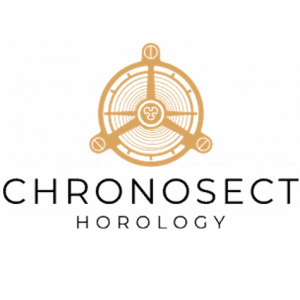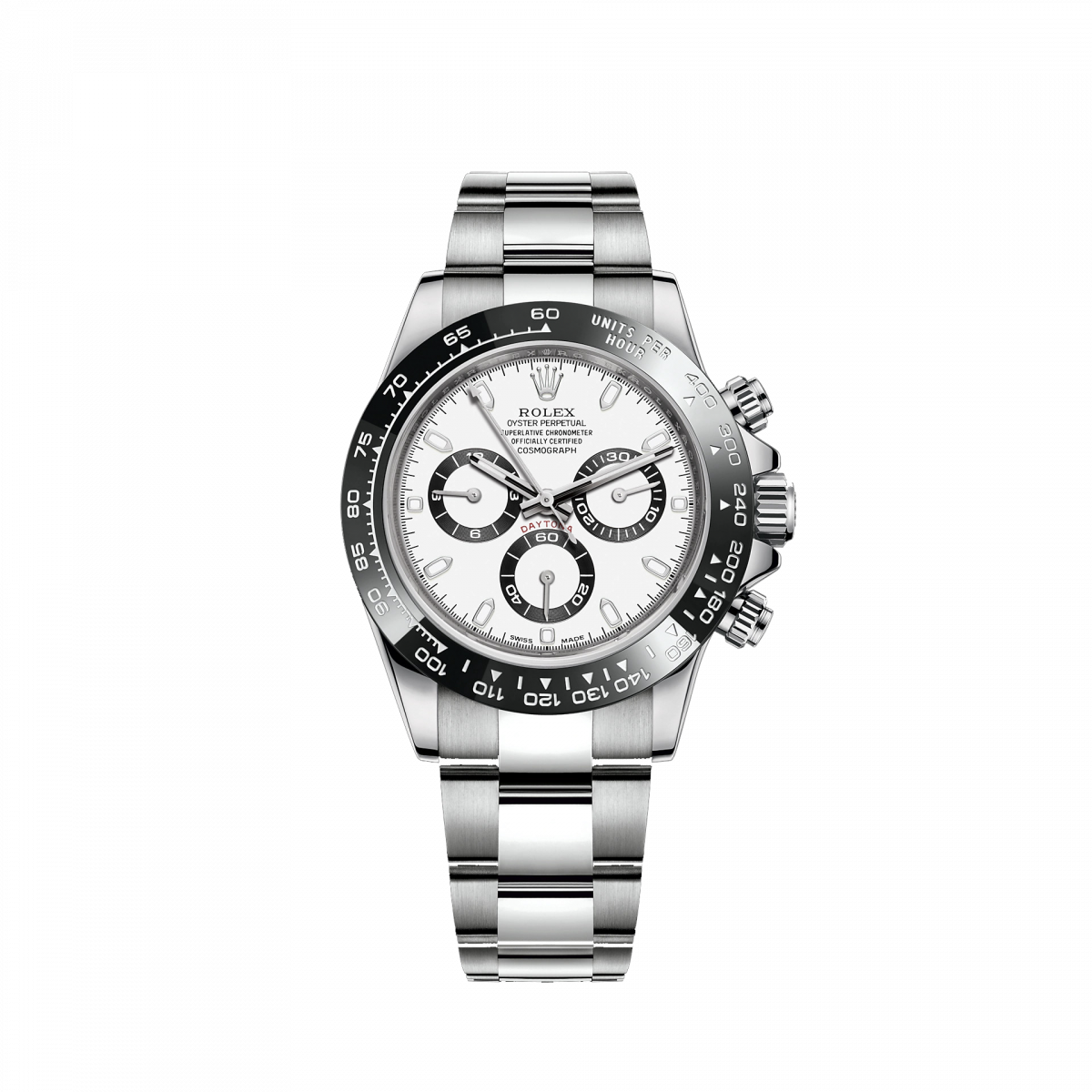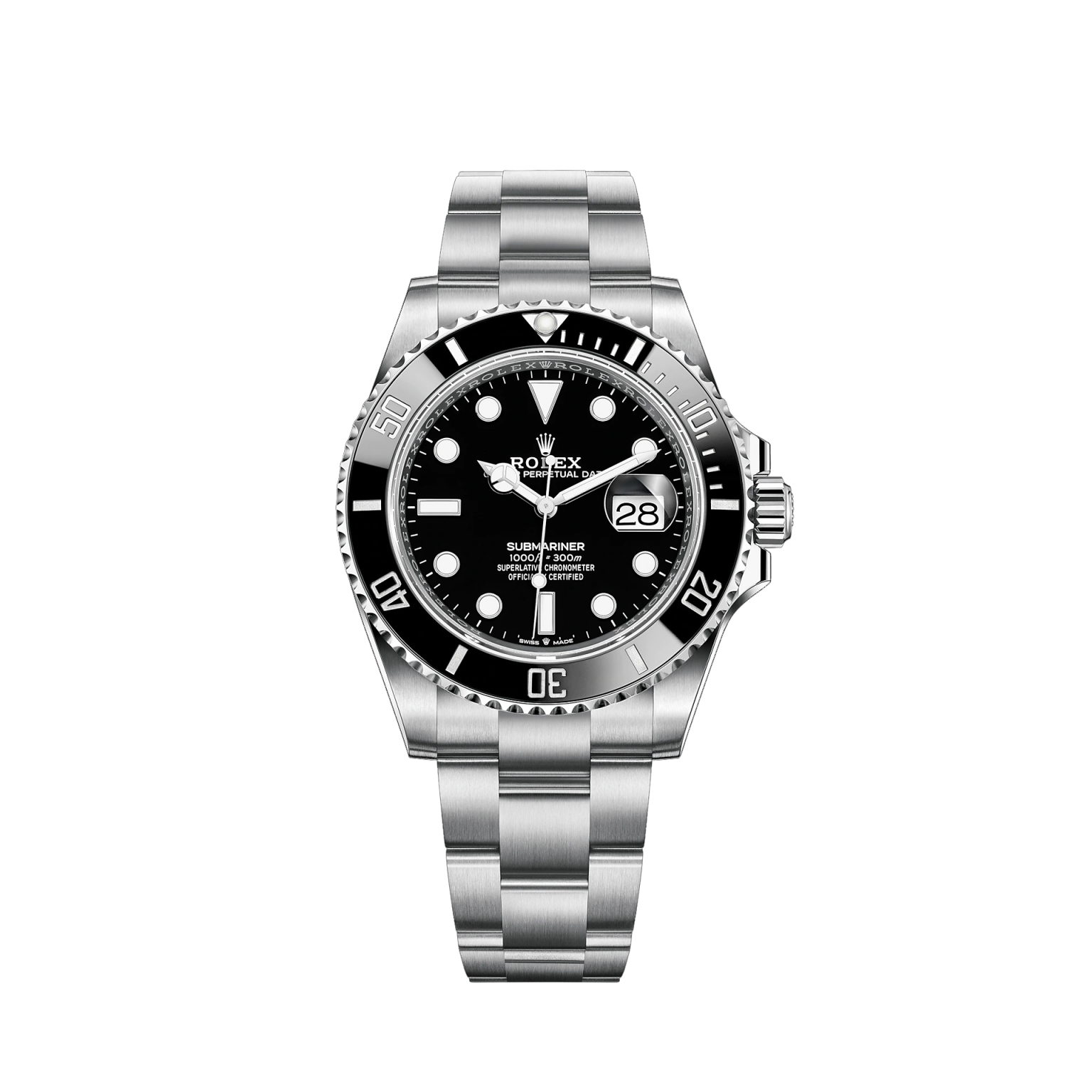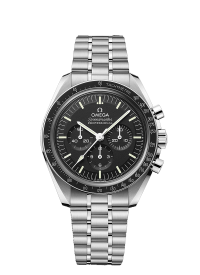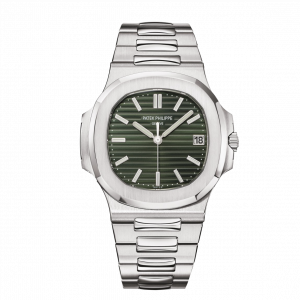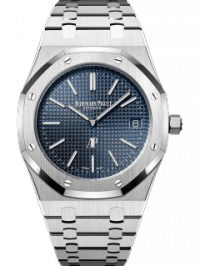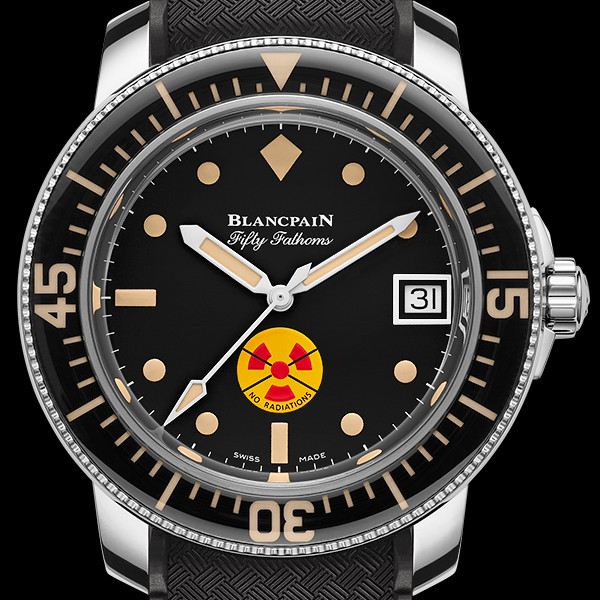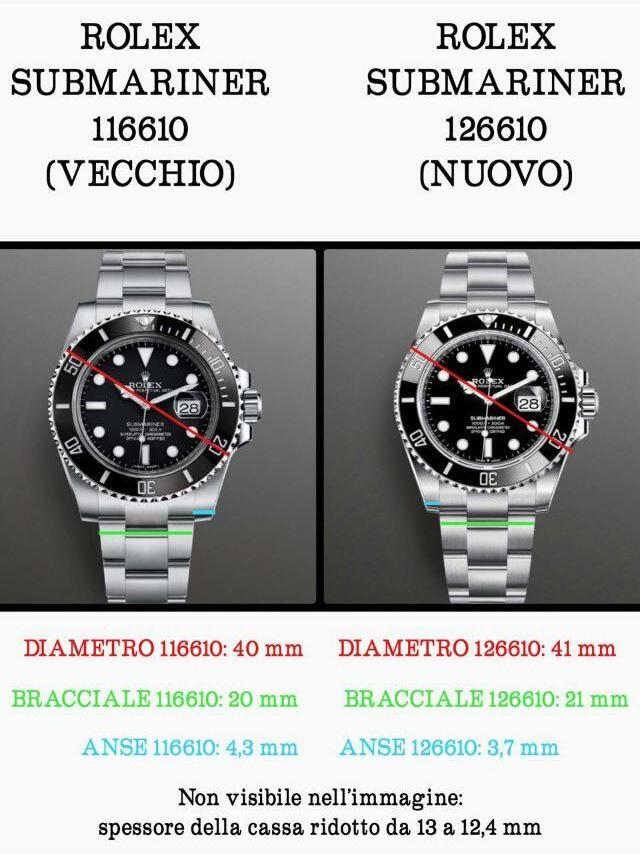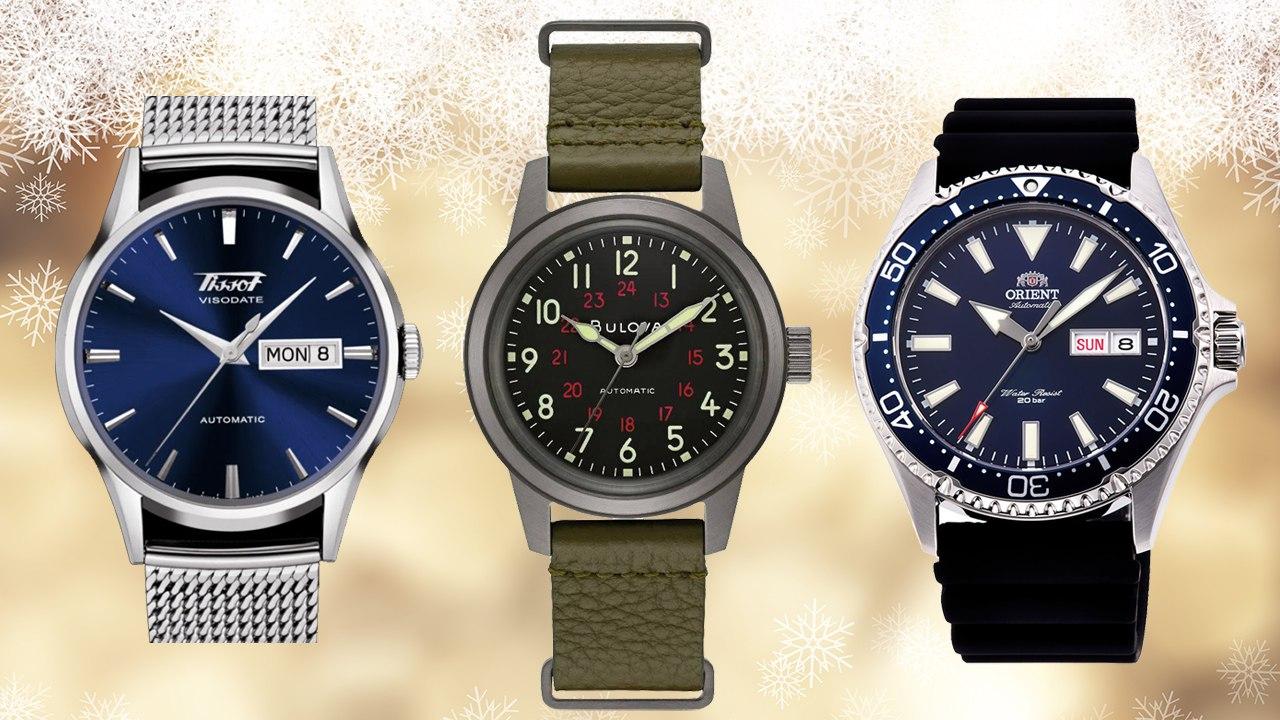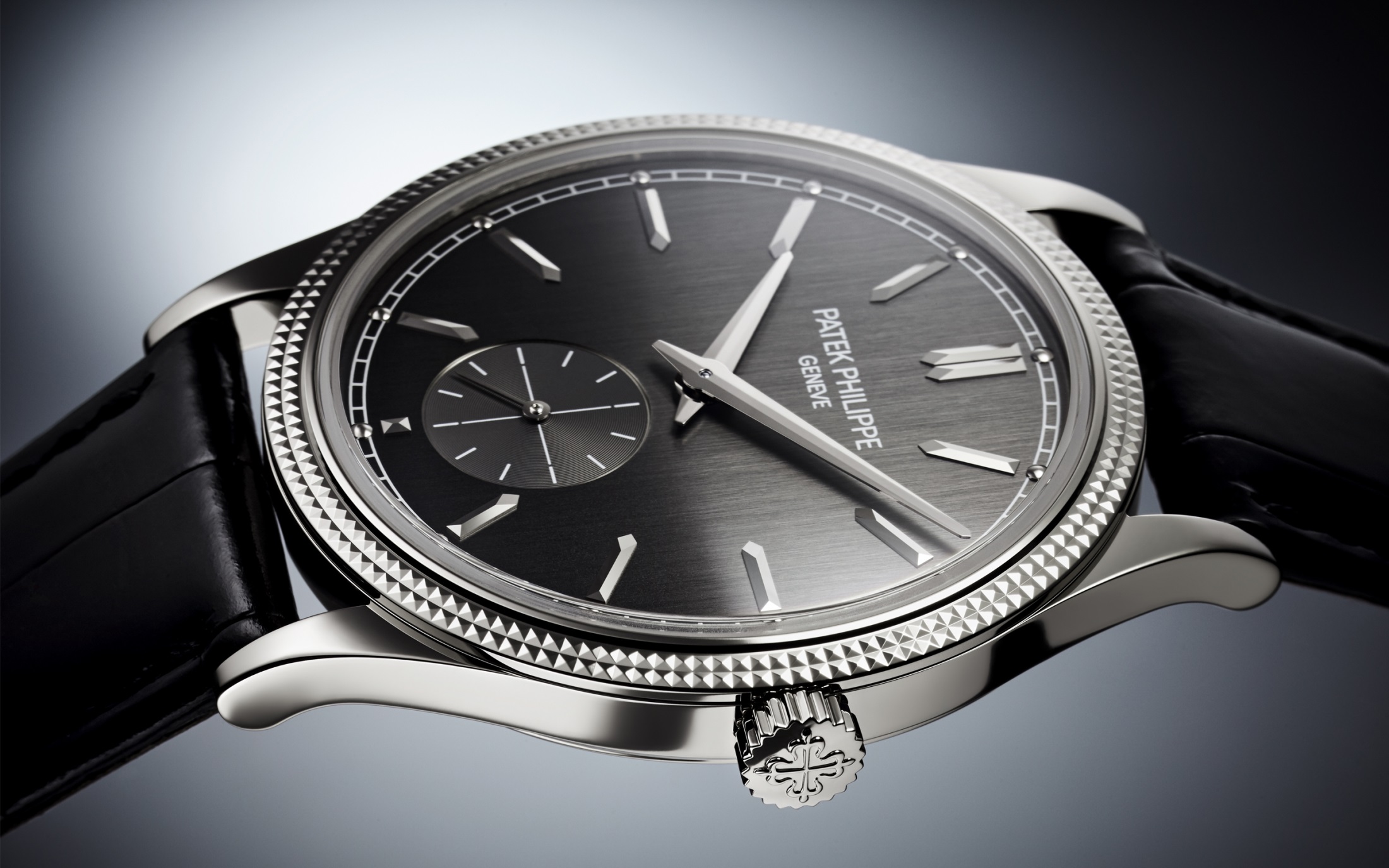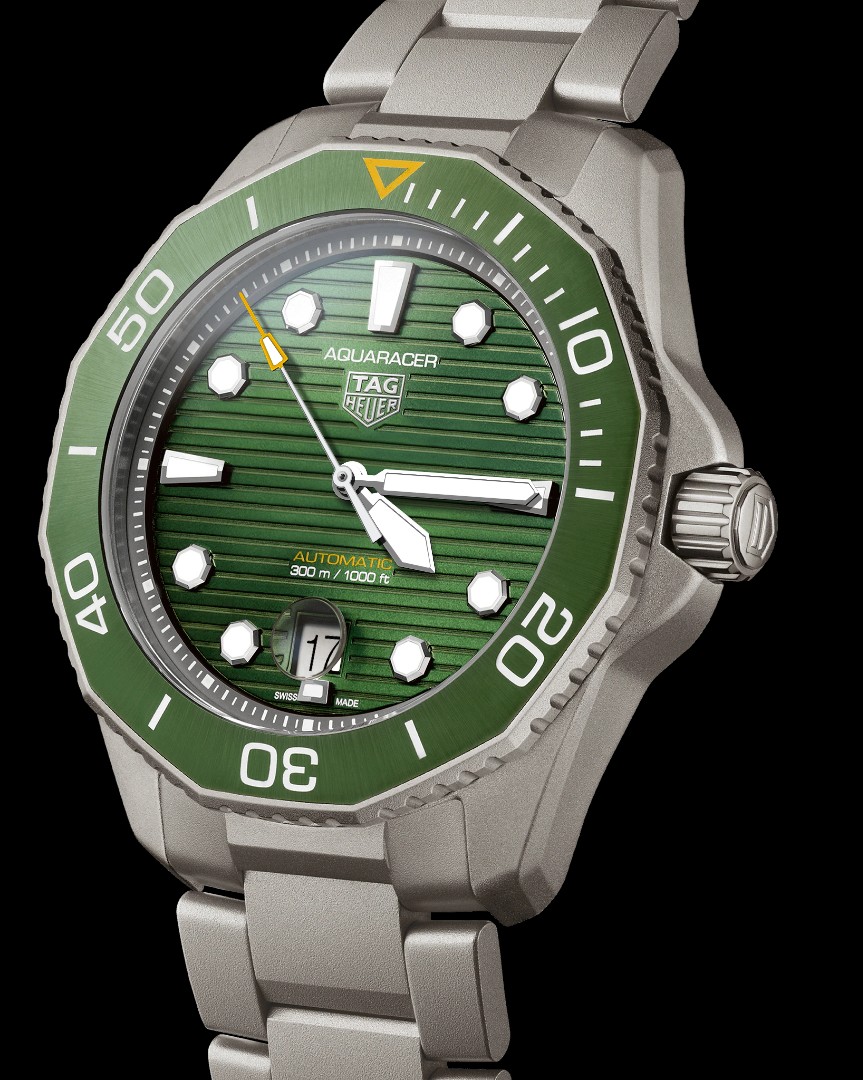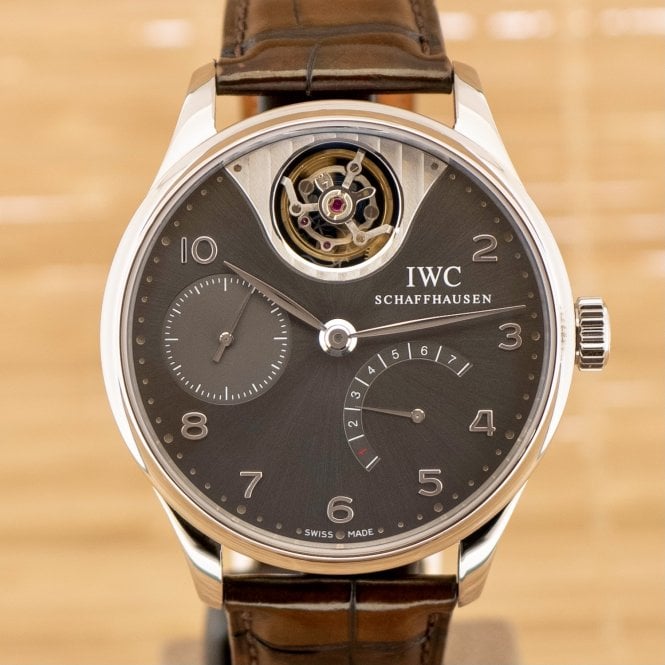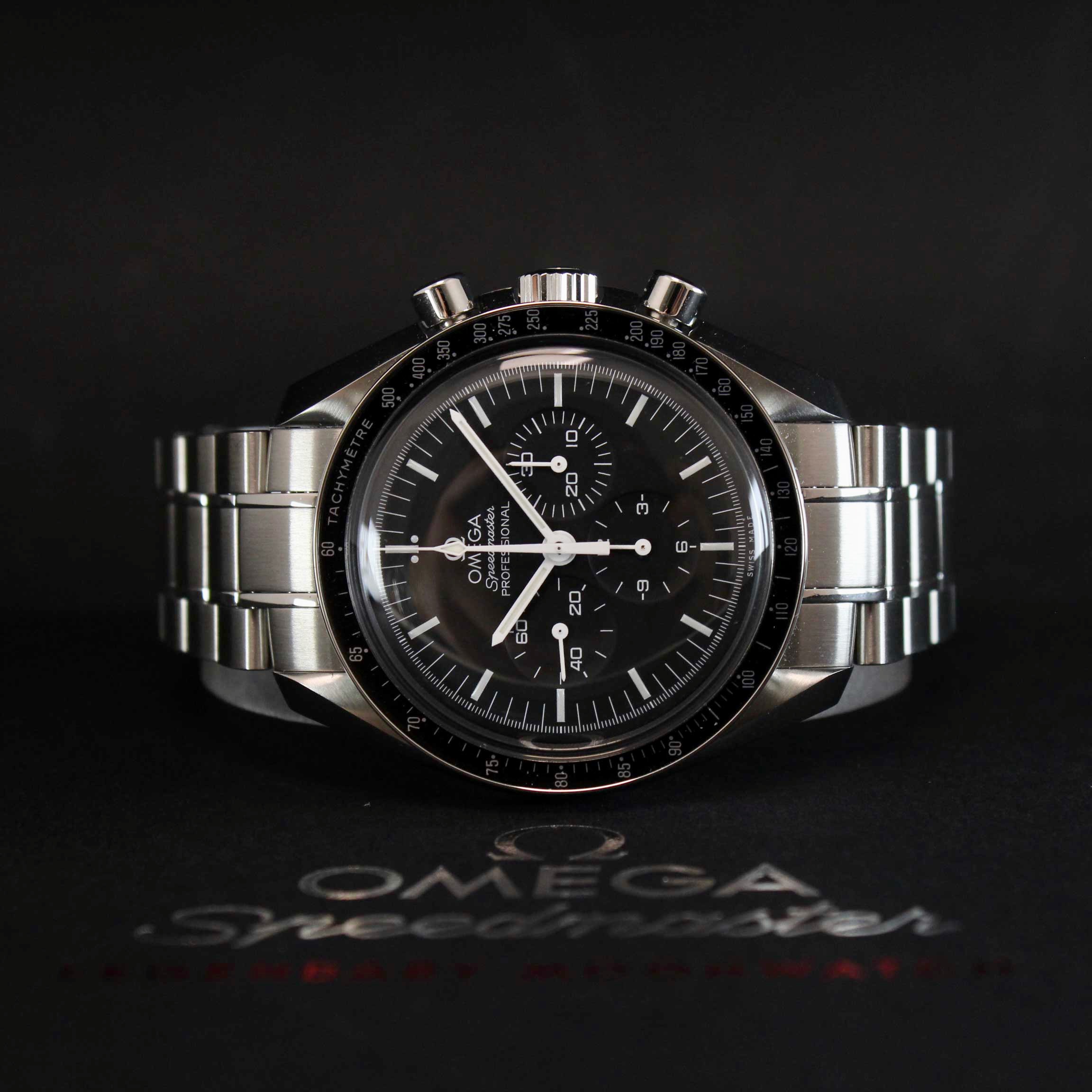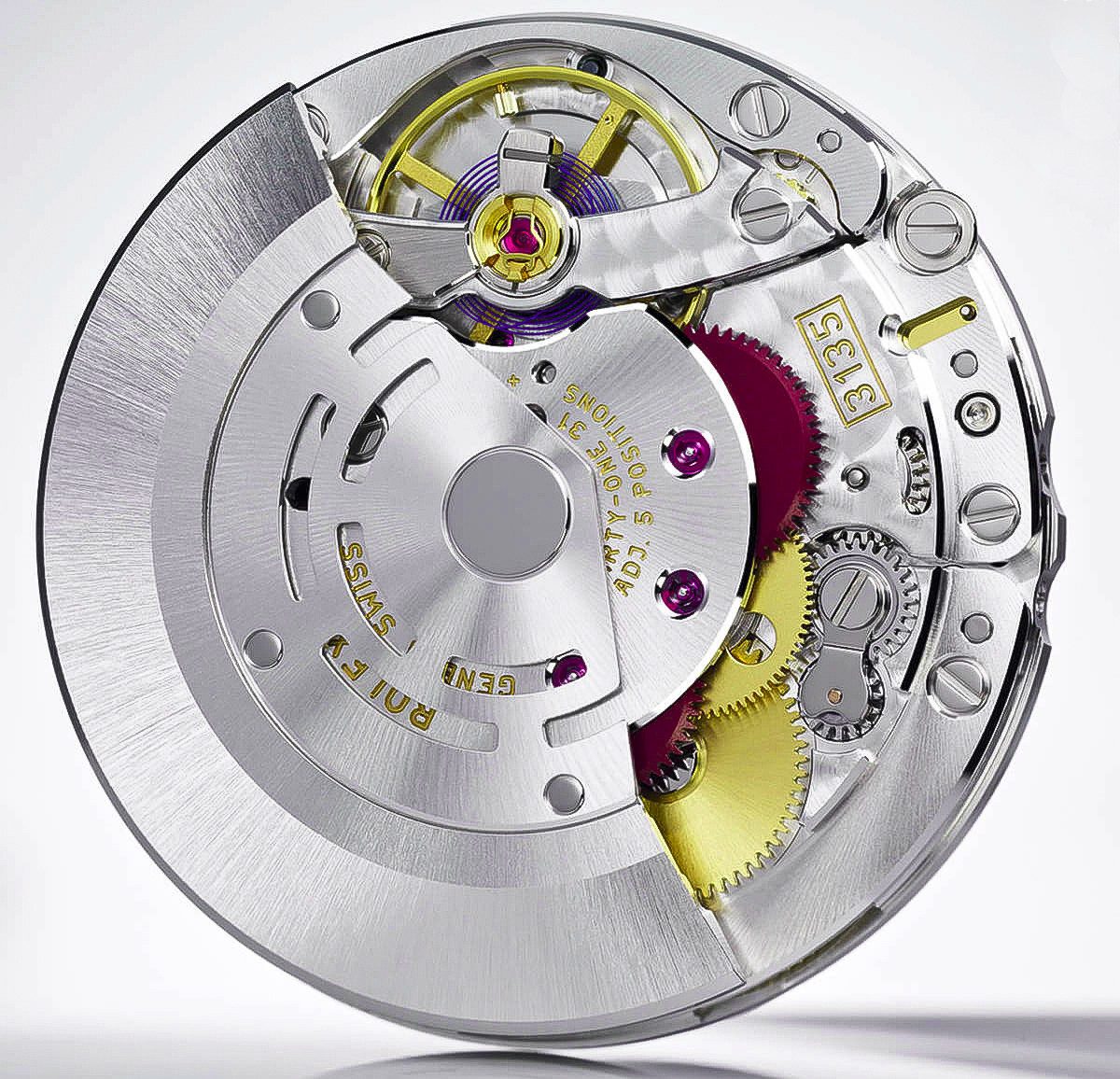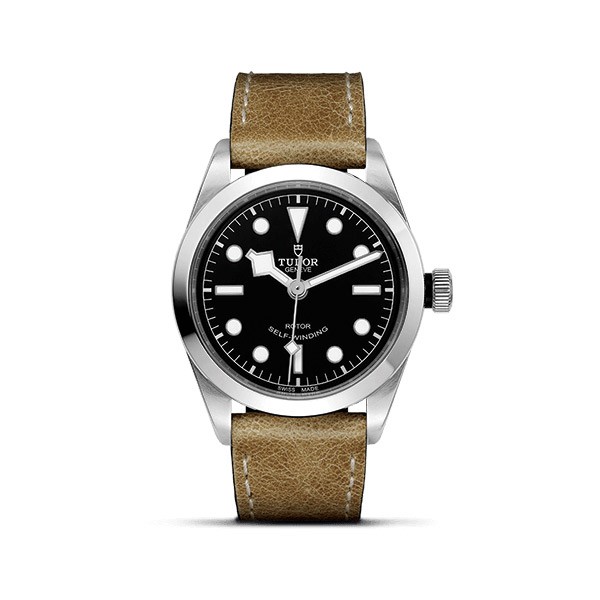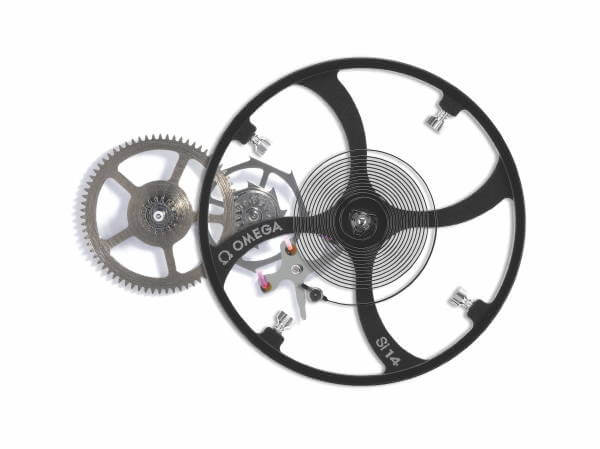Dr. N.
For our new column "The Spirit of the Time", we propose a two-part interview with one of our readers, an intellectual who we will call CF.
Before leaving you to this fascinating reading, we remind you to comment on our articles with your questions and curiosities, to increasingly meet your interests and passions.
Interview with CF – part one
Dr. N.
Good morning, CF. How long have you been interested in watches? What aspects of watchmaking attract you most? The aesthetics, the mechanics…
CF
I have recently become passionate about the world of watchmaking, fascinated above all by the historical and mechanical aspects. Aesthetics also plays a very important role. I look for it above all in simple elegance and ingenious and timeless solutions.
But what attracts me most is the philosophical meaning of an object capable of measuring time.
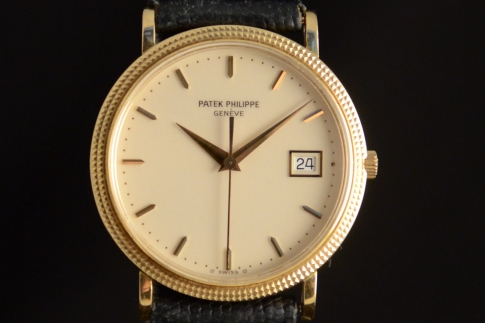
Dr. N.
I am hit. These are not words you hear often these days. Turning your gaze towards the future, thinking about how the clock will be able to cross the centuries… [Editor's note: we wrote an article on the topic of the watch as a bridge to the future]
CF
I believe that the clock has already taken on a classic form, which allows it to span the centuries without being affected by the changes in the world. There will certainly be changes, but the task of the watch, despite the various possible complications, will always be to measure time.
It doesn't matter if we have viewers that constantly project the time before our eyes or if cell phones already perform this function: the bond that the mechanical watch establishes with human life is the purest and most unrepeatable. Such an object will always fascinate men, it cannot be replaced by electronics.
Dr. N.
So do you believe you share the idea that a simple, pure hand-wound Solotempo is always destined to be the watch par excellence?
CF
Let's say that this record can certainly be contested by self-winding watches.
Manual winding was once a necessity, since there was no technology that guaranteed greater convenience for the user. However, this is not the argument that I find most convincing.
Dr. N.
Automatic winding for wristwatches actually became widespread just before the middle of the last century (even though conceptually it was conceived by Breguet at the end of the eighteenth century).
But that's not why I consider manual winding purer. The manual mechanical watch has the minimum number of components necessary to function on the wrist. The automatic mechanism makes the watch more complex.
CF
I understand your objection. I would like to point out, however, that the technologically simplest solutions are not always those closest to human life. It is complex to bring a watch closer to life: on the other hand it is a human creation trying to read the code of the world. The automatic solution is more complex from a mechanical point of view, but it allows the watch to get closer to the transcendent, allowing it to be powered by the gestures, a symptom of life, of its user. In other words, I find that the mechanical question takes a back seat to the metaphysical one.
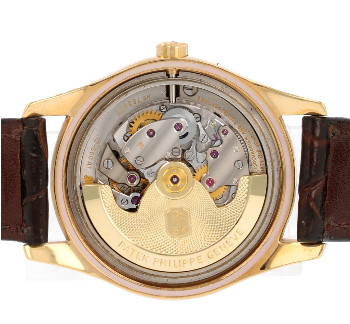
The refined movement of the Patek Philippe 2526, the first automatic from the famous company
Dr. N.
“Reading the code of the world”. Fascinating phrase. So is time the “code of the world”? Why?
CF
Time is part of that language that constitutes our universe. Both from a scientific and religious point of view.
According to scientists, time was born with the Big Bang. According to theologians, he was born with the creation of the world: “In the beginning was the Word”. The first words of the Gospel of John give us a temporal indication, as often happens in the Holy Scriptures, which places the entire narrative of Genesis "in the beginning". This means that time had a beginning.
All existence, ontological reality, is imbued with time. Men live in the process of becoming and are subject to the passage of time. The timeless dimension is that of God, as Augustine reminds us. Not to mention space-time…
Now, from this we understand that the task of the clock is very high. Time is pure, it is everywhere.
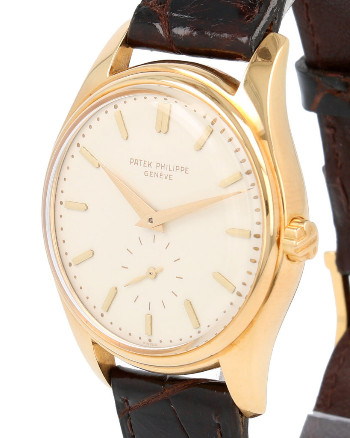
Dr. N.
And if time had a beginning, time flows linearly, always forward. In this the clock follows the time. The clock's task, in effect, is to follow the flow of time and flow with it.
CF
Certainly. The clock has the task of coming into contact with time and translating it in a concrete, visible way: yes, the clock moves with time just like us humans.
Dr. N.
The clock is therefore a bridge between man and a language intrinsic to the universe.
CF
Exactly this. We can say that on one side there is the soul of man, from which the movements of life arise, and on the other there is the soul of the world, that is, time.
Dr. N.
The soul of the world. That's a wonderful definition! Is it his?
CF
It's not my definition. I took it from a contemporary philosopher, Stefano Mantegazza. More generally, the soul of the world, in philosophy, is a principle that unites all being and from which entities arise. Time is clearly common to everything that exists in ontological reality, in this sense it is the soul of the world.
The interview continues in second part.
If you liked this article, subscribe to the Chronosect Newsletter (at the bottom of the home page) and read our Shops!

